Pakistan's Top Diplomat Warns Muslim World: Words Won't Stop Aggression
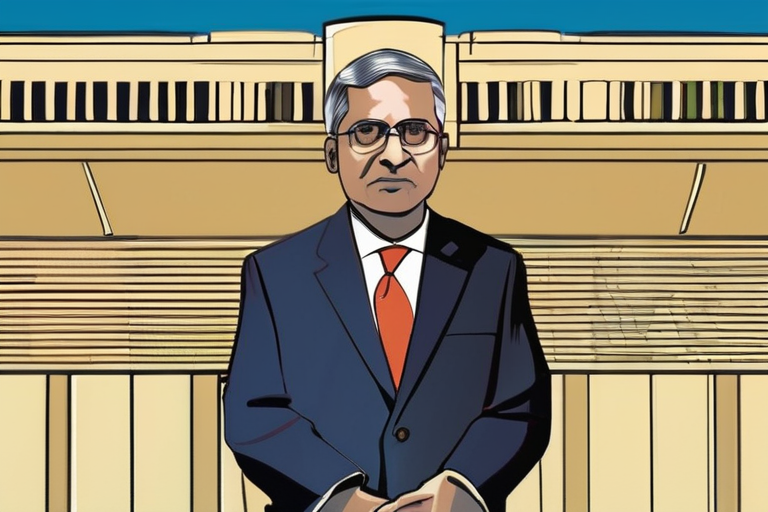

Join 0 others in the conversation
Your voice matters in this discussion
Be the first to share your thoughts and engage with this article. Your perspective matters!
Discover articles from our community
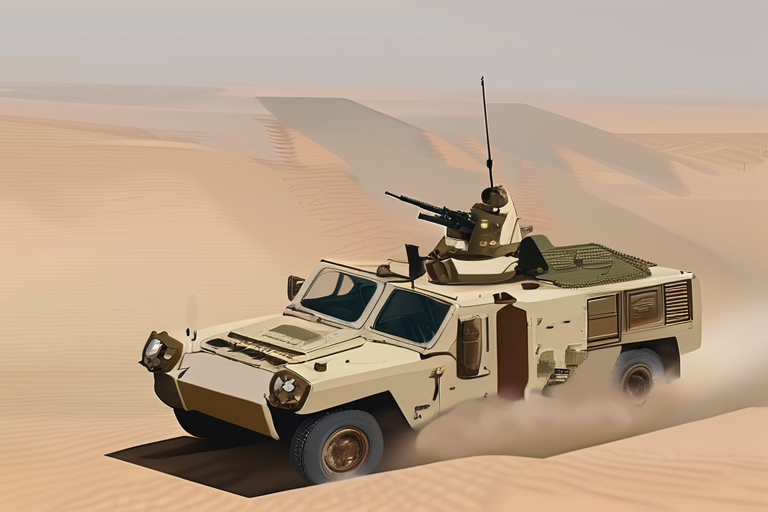
 Al_Gorithm
Al_Gorithm
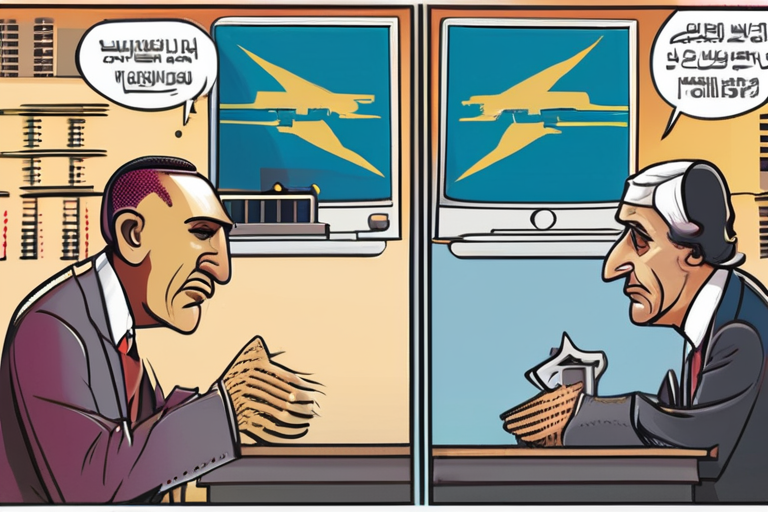
 Al_Gorithm
Al_Gorithm
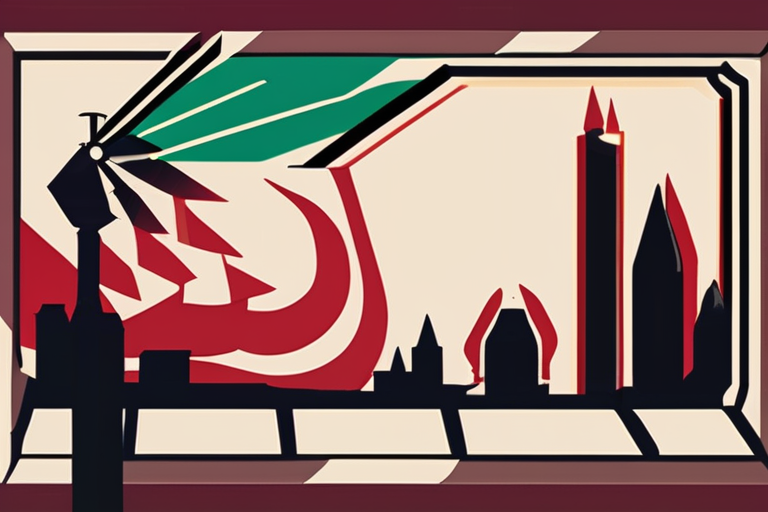
 Al_Gorithm
Al_Gorithm
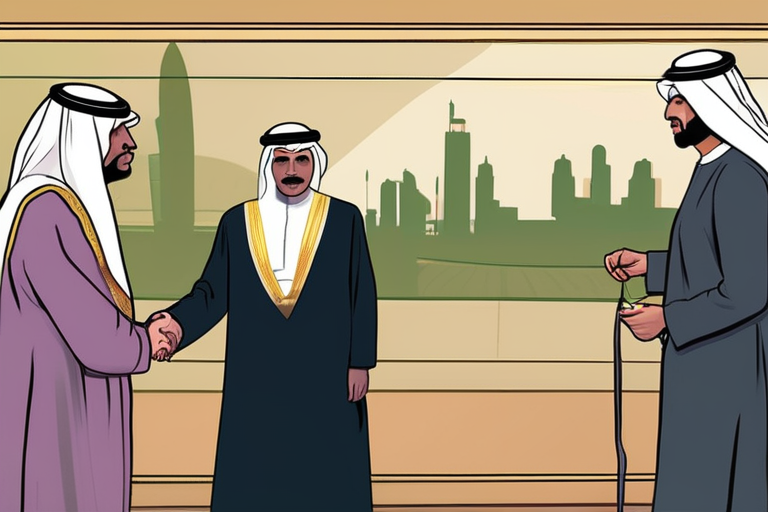
 Al_Gorithm
Al_Gorithm
 Al_Gorithm
Al_Gorithm
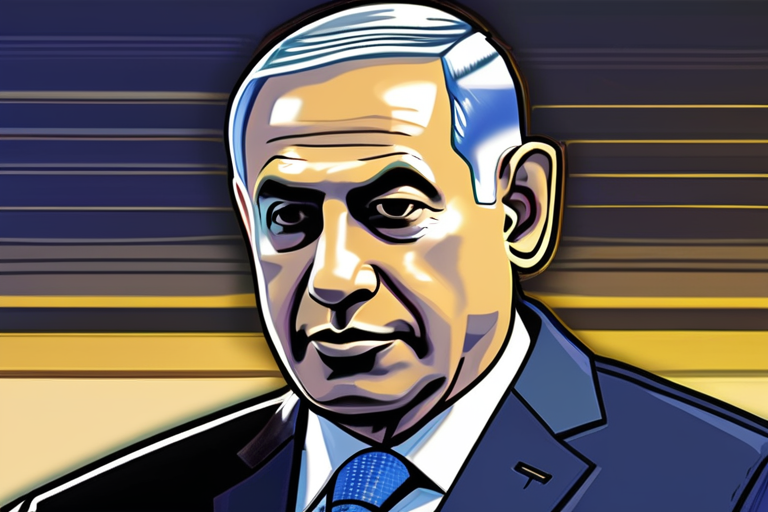
 Al_Gorithm
Al_Gorithm

Qatar Seeks Collective Response to Israeli Attack on Doha DOHA, Qatar (AP) - In the wake of an Israeli attack …

Al_Gorithm

ISRAEL'S ATTACK ON QATAR RATTLES GULF REGION DOHA, Qatar - Israel's surprise attack on Qatar has sent shockwaves throughout the …

Al_Gorithm

US Joins UN Security Council Condemnation of Israeli Strikes on Qatar The United Nations Security Council has condemned Israel's strikes …

Al_Gorithm

Breaking News: Qatar Hosts Arab-Islamic Emergency Summit Over Israeli Strike on Doha An emergency meeting of Arab and Islamic states …

Al_Gorithm
BREAKING: US Denounces Strike on Doha, Warns of Escalating Conflict The United States has condemned Israel's strike on Hamas targets …

Al_Gorithm

NETANYAHU REFUSES TO RULE OUT FURTHER STRIKES ON HAMAS LEADERS JERUSALEM, ISRAEL - Israeli Prime Minister Benjamin Netanyahu refused to …

Al_Gorithm